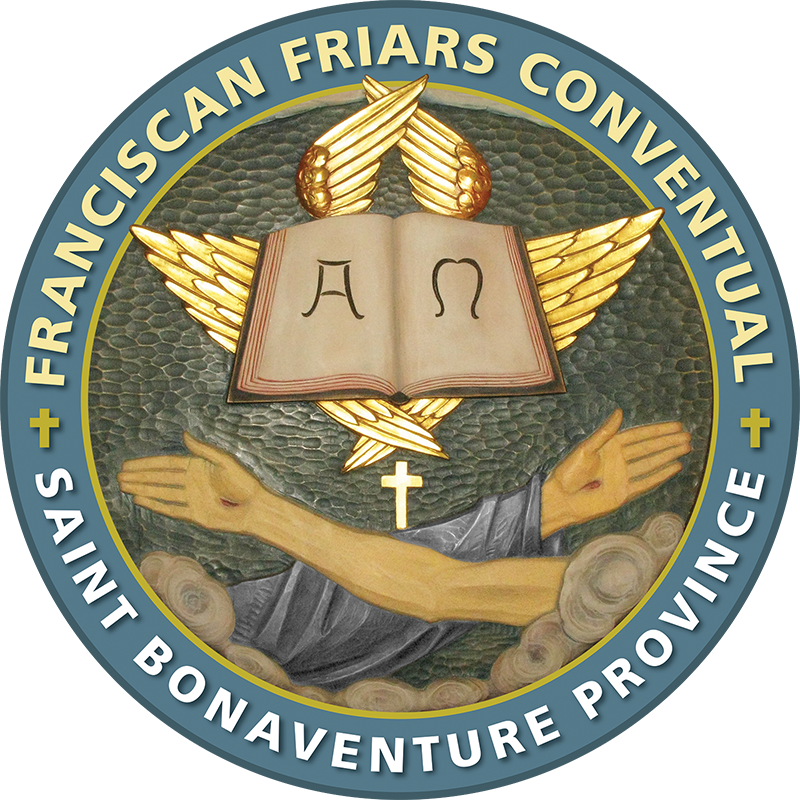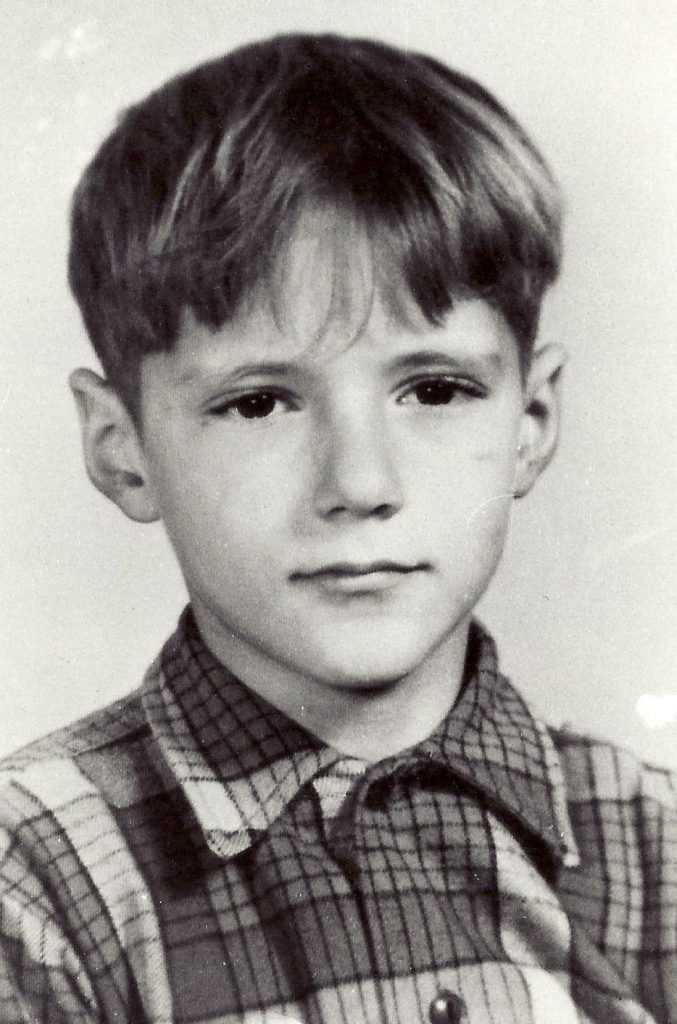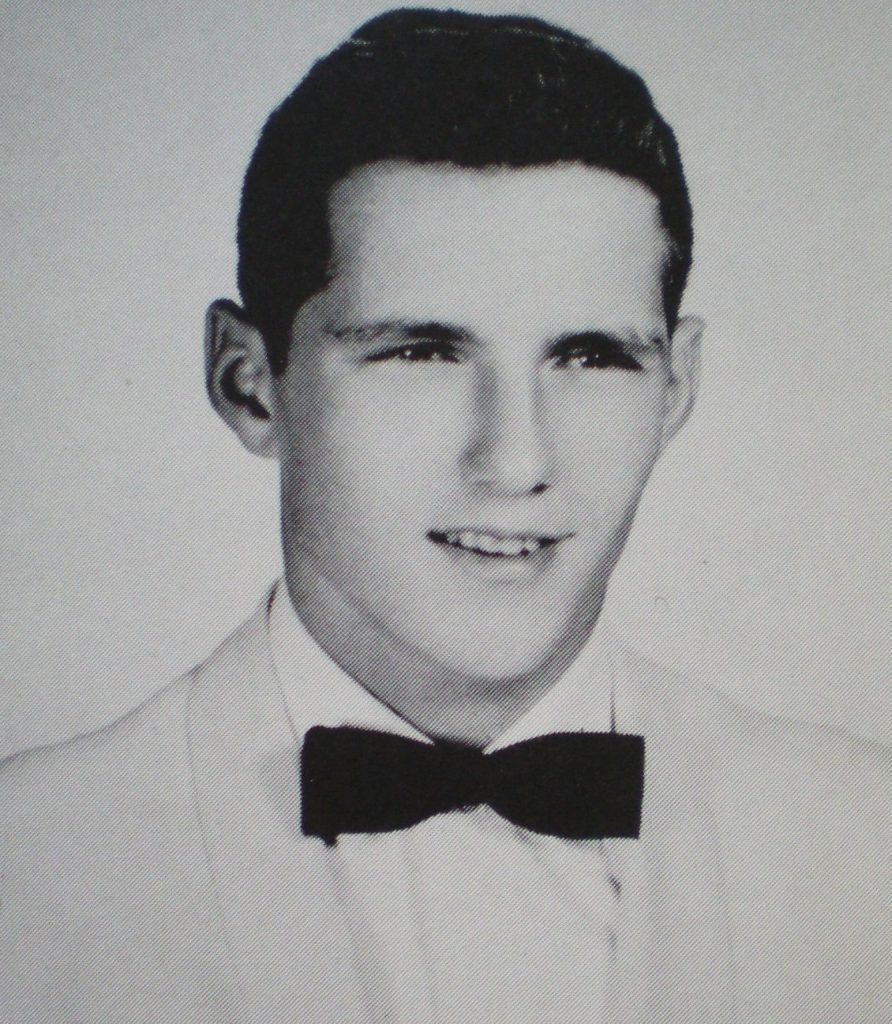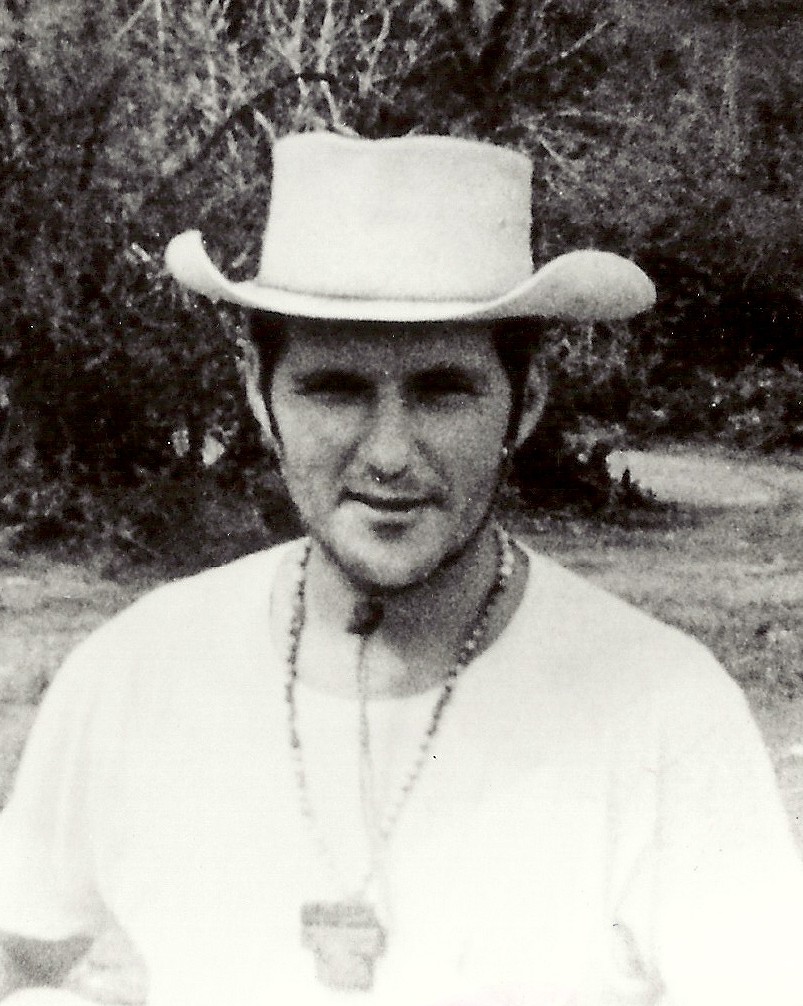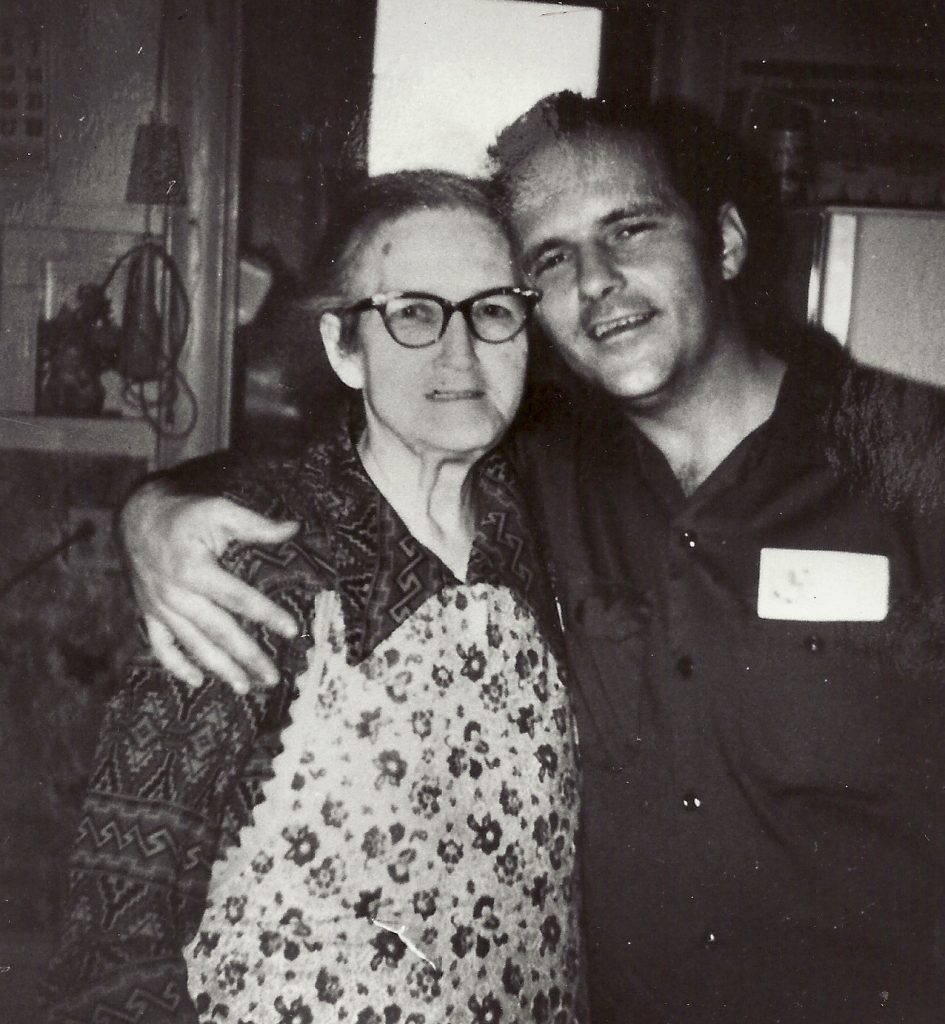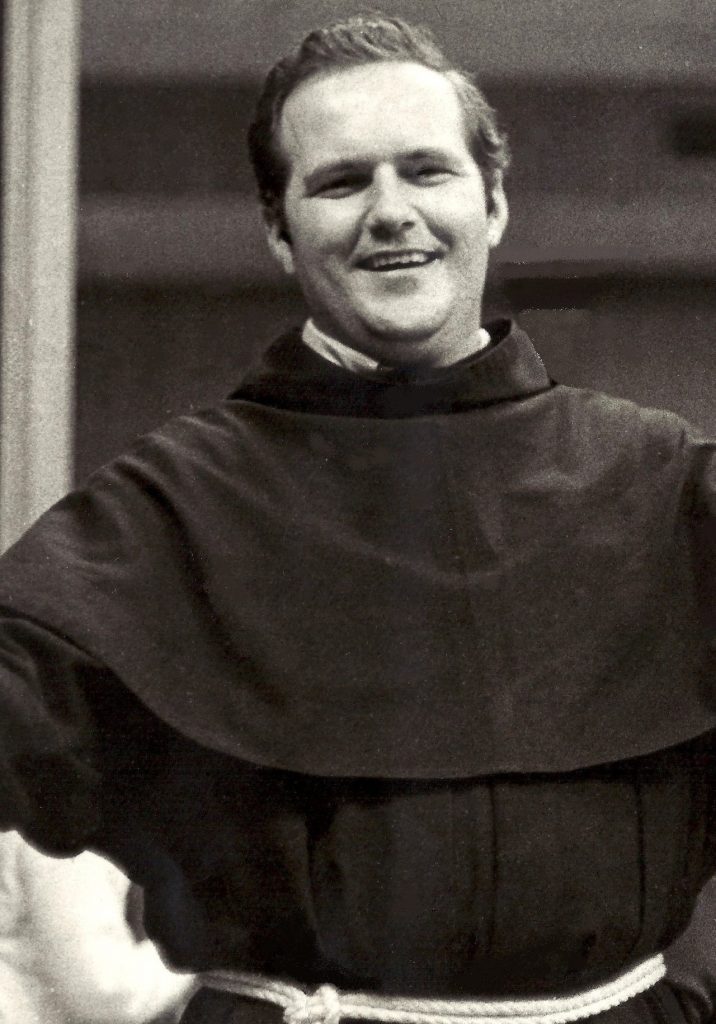Safeguarding Statement
The Franciscan Friars Conventual of St. Bonaventure Province are committed to creating safe environments for children and vulnerable adults.
Every friar in active ministry must complete training in Virtus (the National Catholic Risk Retention Group) and any other safe environment compliances required by the dioceses in which they serve.
In addition, St. Bonaventure Province has its own Safe Environment Commission that oversees the implementation and monitoring of the Province’s Policies, Procedures, and Protocols for Ethical Ministry with Minors and Vulnerable Adults.
Any allegation regarding the Franciscan Friars Conventual of this Province receives an immediate response. This includes the Province’s full cooperation with local law enforcement authorities and Ordinaries who have ecclesial jurisdiction over these matters, as well as a duly diligent investigation by a qualified third party in order to substantiate credibility.
